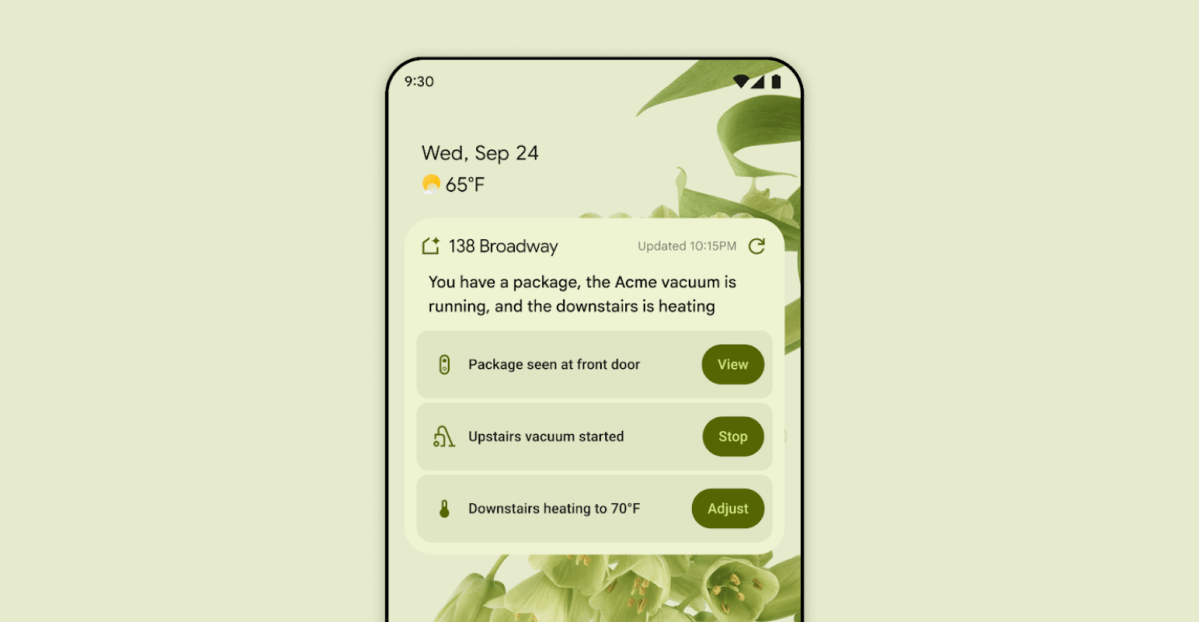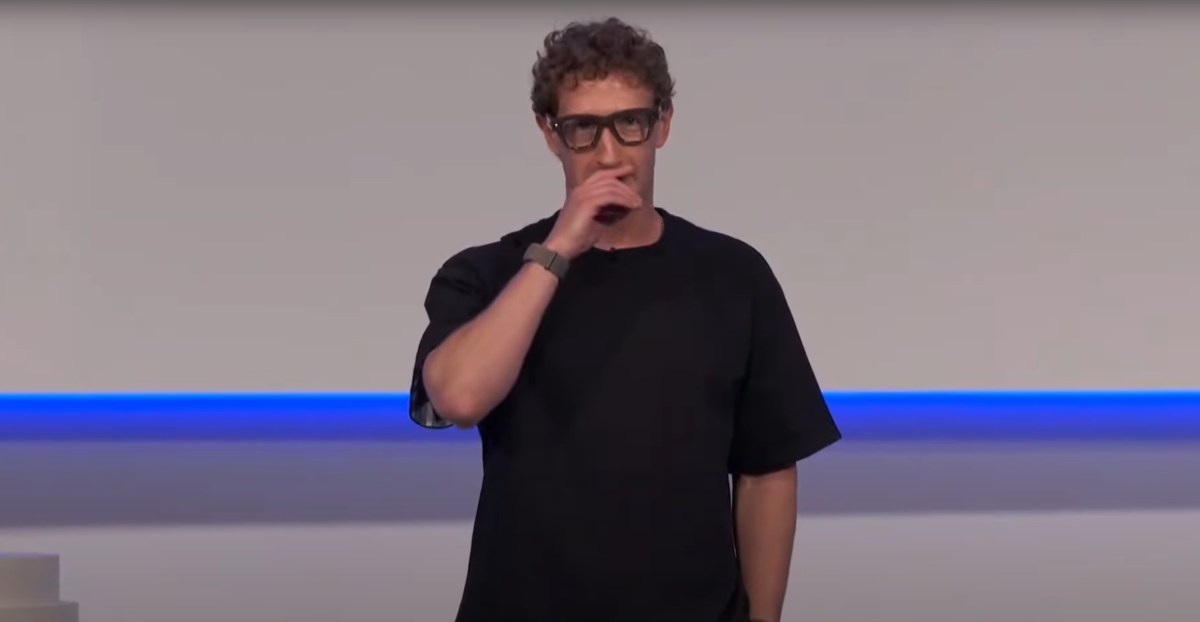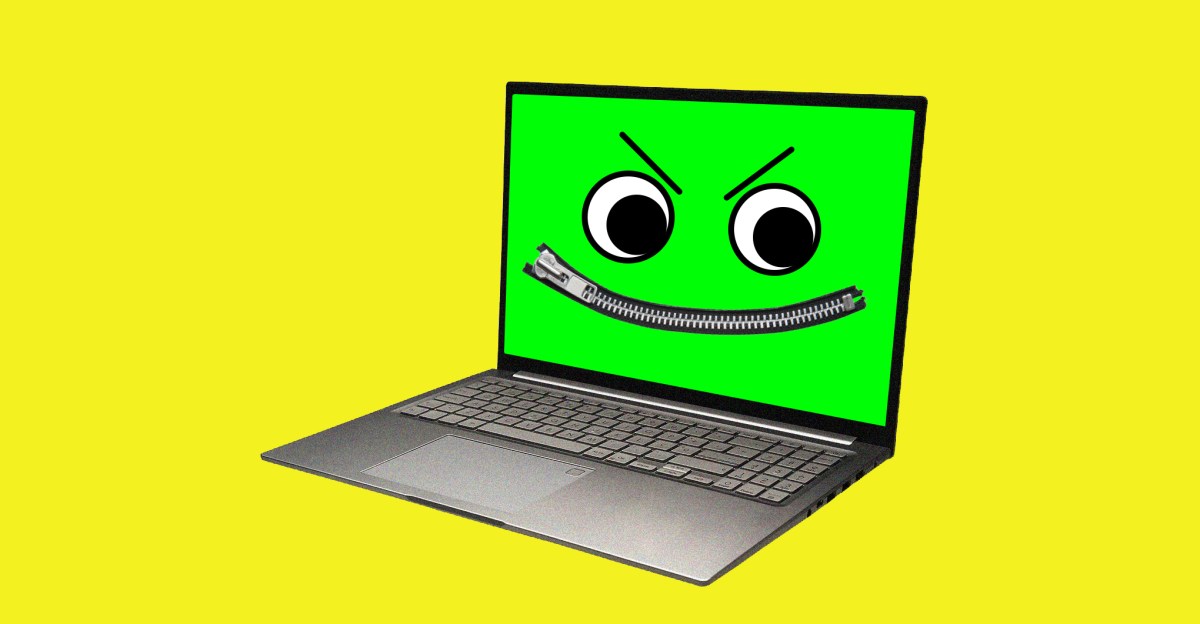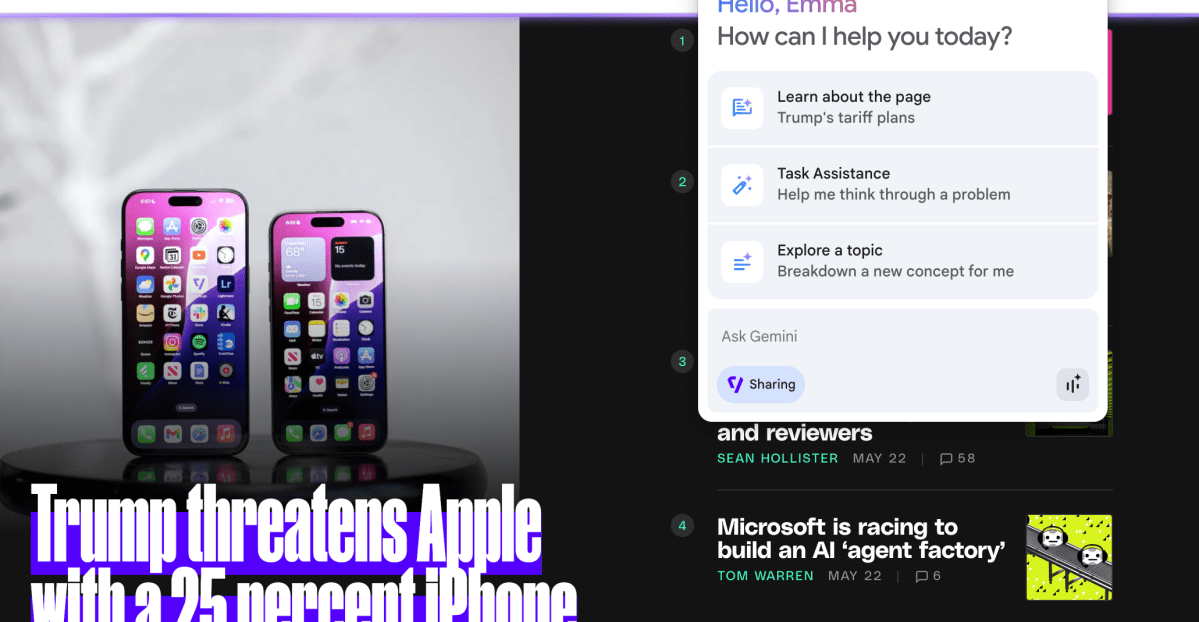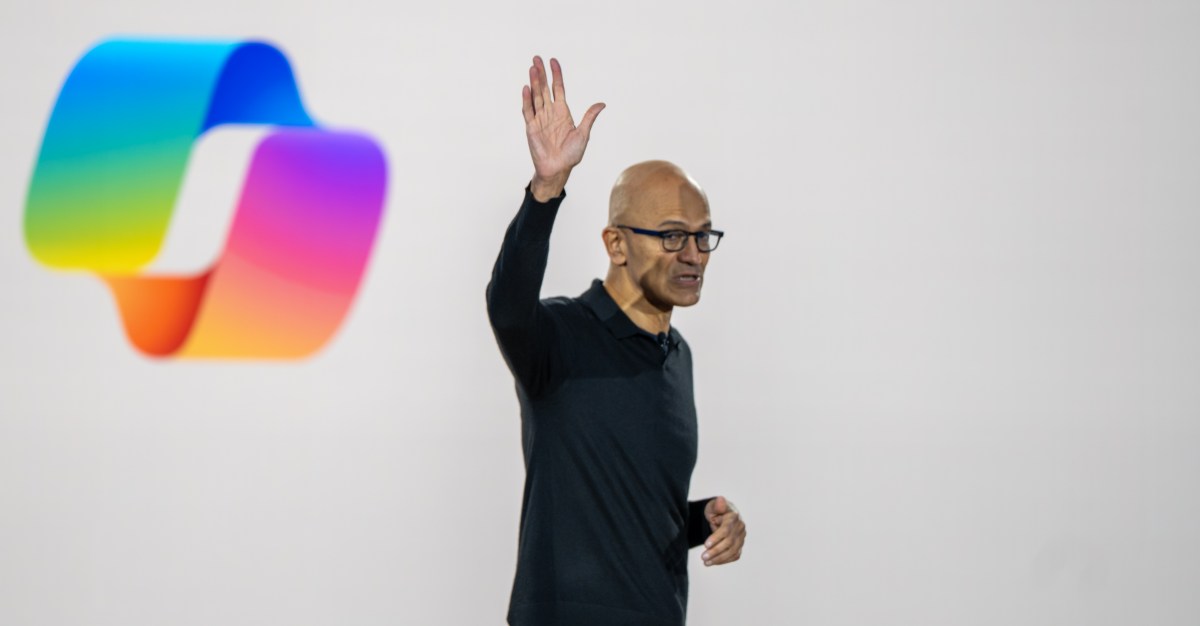
Satya Nadella warns Microsoft must lead in the AI era or risk irrelevance
Sources: https://www.theverge.com/tech/780946/microsoft-satya-nadella-town-hall-comments-ai-era-notepad, The Verge AI
TL;DR
- Satya Nadella warns that some of Microsoft’s biggest businesses may not stay relevant as the AI era unfolds, signaling the need for renewal and adaptation. The Verge
- He cites historical lessons from DEC to illustrate how companies can falter without timely adaptation, underscoring concerns about sustaining top talent through change. The Verge
- Employee morale at Microsoft is described as low, with conversations about a colder, more rigid culture amid rounds of layoffs and strategic shifts. The Verge
- In the wake of the town hall, Microsoft promoted two executives to President and aligned leadership with its AI strategy, including Copilot-related initiatives and enterprise AI ambitions. The Verge
- The company warns that margins in productivity software could tighten as it emphasizes AI-native models rather than past products. The Verge
Context and background
Microsoft’s chief executive, Satya Nadella, spoke to employees in an ongoing town hall series and framed the AI shift as both an opportunity and a test to the company’s continuing relevance. He warned that the industry is moving toward new capabilities and that some historical pillars of Microsoft may not be as relevant going forward. The remarks come as Microsoft navigates a period of organizational renewal amid rapid changes in technology and economics. The Verge Nadella drew a cautionary parallel with the history of Digital Equipment Corporation (DEC), a once-dominant minicomputer company whose fate he described through its failure to adapt to shifting computing paradigms. He noted his personal connection to DEC-related history and the fact that some Windows NT contributors had origins in a DEC lab that later faced layoffs. The message underscored the need for a company to attract and retain top talent by providing meaningful opportunities and returns, not just past glory. The Verge Beyond historical caution, Nadella acknowledged a perceived cultural shift inside Microsoft. An UK employee’s comments about a change toward a colder, more rigid culture were part of the context for his response. Nadella said morale across the company had been difficult to gauge and that leadership should strive to do better in supporting employees through a period of change. He repeatedly emphasized renewal as a core theme—change that could include difficult steps, including workforce adjustments. The Verge In addressing the broader strategic frame, Nadella argued that the value of the company will come from how it renews itself and how it leverages new capabilities rather than clinging to past products. He asserted that there is no permission for a company to exist forever and that ongoing societal value is earned by delivering useful innovations. This stance comes as Microsoft marks its 51st year and faces the material challenge of navigating a platform shift toward AI. The Verge Nadella also referenced Microsoft’s current financial framing, noting that although the company still generates a sizable portion of revenue from productivity software, the margins enjoyed today may not persist tomorrow. This framing aligns with the broader sentiment about shifting away from a past model toward AI-native offerings and new business designs. The Verge
What’s new
In the weeks following the town hall, Microsoft disclosed a significant workforce adjustment: about 9,000 layoffs were announced in July as part of a broader renewal process. Nadella described the difficult process of “unlearning” and “learning” in the AI era, signaling that the company must reallocate talent to areas with greater strategic leverage. The action highlighted a practical dimension of renewal: transforming the workforce to align with new AI-centric priorities. The Verge Concurrently, Microsoft announced leadership promotions that align executive accountability with the company’s AI trajectory. Charles Lamanna and Pavan Davuluri were promoted to President roles within the Experiences and Devices group. Lamanna’s responsibilities stretch into the Business and Industry Copilot (BIC) domains, bringing him closer to the Microsoft 365 Copilot initiatives; Davuluri’s promotion follows his prior role as Windows and Surface chief. In the company’s internal communication, leadership framed these moves as recognizing a track record of innovation and as positioning these leaders to shape Microsoft’s enterprise AI strategy and the future of work. The Verge Nadella’s broader message about renewal and platform shifts persisted in the leadership updates. The emphasis was on winning the new by leaning into AI-native design wins rather than simply protecting existing products. This viewpoint echoes a recurring theme in Microsoft’s recent earnings and strategy discussions: the need to adapt quickly to a rapidly evolving tech landscape where AI capabilities redefine what kind of products and services hold enduring value. The Verge
Why it matters (impact for developers/enterprises)
For developers and enterprise teams, Nadella’s remarks underscore a strategic pivot that could influence how software ecosystems are built and consumed. If AI models can generate spreadsheets, slide decks, and documents autonomously, the traditional reliance on tools like Excel, PowerPoint, and Word could be challenged or reimagined. The broader implication is a shift toward AI-native workflows and services that prioritize automation, data integration, and context-aware assistants integrated into core productivity suites. The Verge From a business perspective, Nadella flagged that some margin in the current productivity software portfolio may not persist in a future dominated by AI-driven capabilities. That reality should incentivize enterprises to rethink licensing, customization, and integration strategies around AI-native offerings rather than focusing solely on legacy productivity tools. The emphasis on renewal, design wins, and platform shifts is a signal to developers and enterprise architects to prioritize interoperability, data governance, and scalable AI integrations as central to Microsoft’s ecosystem. The Verge The leadership changes—Lamanna and Davuluri stepping into president roles—are also consequential for enterprise strategy. Lamanna’s proximity to Copilot initiatives and Davuluri’s portfolio spanning Windows, Surface, and client experiences position senior leadership to steer Microsoft’s enterprise AI strategy and the future of work. Enterprises should watch how these leadership moves translate into new business models, product roadmaps, and partner programs designed to accelerate AI adoption in large organizations. The Verge
Technical details or Implementation
Microsoft’s path to AI-native models centers on a combination of enterprise Copilot offerings and a refreshed design philosophy that prioritizes new capabilities over legacy traditions. Nadella’s framing of renewal suggests that Microsoft will pursue AI-driven workflows, with a focus on what’s secular—those long-term, broadly valuable capabilities—rather than being trapped by the nostalgia of past successes. The enterprise AI strategy appears to be reinforced through organizational realignments and a focus on Copilot-related products within the Microsoft 365 ecosystem. The Verge A concrete example behind the strategy is Lamanna’s expanded role near the Copilot initiatives, integrating his leadership with business and industry Copilot efforts to drive market adoption and new business models. Davuluri’s promotion aligns Windows and Surface with the broader client experiences and computing stack that must coexist with AI-driven productivity tools. Taken together, these moves reflect a deliberate alignment of leadership with the company’s enterprise AI ambitions and the future of work. The Verge To operationalize this shift, Microsoft is likely to emphasize design wins and practical deployment experiences as opposed to relying solely on legacy feature sets. The company has pressed for a balance between preserving core values and enabling the rapid reorientation required by a changing tech sector and evolving economics. In Nadella’s terms, success will be measured by the ability to do societally useful things in the marketplace while continuously renewing and updating capabilities to stay ahead of competition. The Verge
| Item | Details |
|---|---|
| Focus | AI-native business models, Copilot, enterprise AI strategy |
| Leadership moves | Lamanna and Davuluri promoted to President to align with AI initiatives |
| Historical caution | DEC as a cautionary tale about failing to adapt |
| Workforce action | 9,000 layoffs announced in July as part of renewal |
| Strategic emphasis | Winning the new vs. protecting the past; design wins over legacy maintenance |
Key takeaways
- Nadella frames the AI era as a pivotal period that could redefine Microsoft’s relevance if the company does not renew and adapt. The Verge
- The DEC analogy serves as a cautionary reminder that strategic mistakes and missed opportunities can compound over time. The Verge
- Employee morale and culture are core concerns as Microsoft pursues deep organizational changes and workforce realignments. The Verge
- Promotions to President for Lamanna and Davuluri signal a closer link between leadership and the AI-centric product roadmap, including Copilot initiatives. The Verge
- There is a stated intent to balance protecting core values with the reality of changing markets, including potential margin shifts in productivity software. The Verge
FAQ
-
What prompted Nadella’s concerns about the AI era?
He cited the rapid shift in the industry toward AI capabilities and referenced historical examples of companies that failed to adapt, signaling the need for renewal. [The Verge](https://www.theverge.com/tech/780946/microsoft-satya-nadella-town-hall-comments-ai-era-notepad)
-
How is Microsoft adjusting its workforce in response?
The company announced significant layoffs (about 9,000 in July) as part of a renewal process and to reallocate talent toward AI-centric priorities. [The Verge](https://www.theverge.com/tech/780946/microsoft-satya-nadella-town-hall-comments-ai-era-notepad)
-
What leadership changes occurred?
Charles Lamanna and Pavan Davuluri were promoted to President, aligning leadership with Copilot initiatives and the Windows/Surface strategy, respectively. [The Verge](https://www.theverge.com/tech/780946/microsoft-satya-nadella-town-hall-comments-ai-era-notepad)
-
What does this mean for Microsoft’s product strategy?
The emphasis is on AI-native design wins and new business models rather than simply expanding legacy productivity tools, with a focus on secular value in the market. [The Verge](https://www.theverge.com/tech/780946/microsoft-satya-nadella-town-hall-comments-ai-era-notepad)
References
More news
First look at the Google Home app powered by Gemini
The Verge reports Google is updating the Google Home app to bring Gemini features, including an Ask Home search bar, a redesigned UI, and Gemini-driven controls for the home.
Meta’s failed Live AI smart glasses demos had nothing to do with Wi‑Fi, CTO explains
Meta’s live demos of Ray-Ban smart glasses with Live AI faced embarrassing failures. CTO Andrew Bosworth explains the causes, including self-inflicted traffic and a rare video-call bug, and notes the bug is fixed.
OpenAI reportedly developing smart speaker, glasses, voice recorder, and pin with Jony Ive
OpenAI is reportedly exploring a family of AI devices with Apple's former design chief Jony Ive, including a screen-free smart speaker, smart glasses, a voice recorder, and a wearable pin, with release targeted for late 2026 or early 2027. The Information cites sources with direct knowledge.
Shadow Leak shows how ChatGPT agents can exfiltrate Gmail data via prompt injection
Security researchers demonstrated a prompt-injection attack called Shadow Leak that leveraged ChatGPT’s Deep Research to covertly extract data from a Gmail inbox. OpenAI patched the flaw; the case highlights risks of agentic AI.
How chatbots and their makers are enabling AI psychosis
Explores AI psychosis, teen safety, and legal concerns as chatbots proliferate, based on Kashmir Hill's reporting for The Verge.
Google expands Gemini in Chrome with cross-platform rollout and no membership fee
Gemini AI in Chrome gains access to tabs, history, and Google properties, rolling out to Mac and Windows in the US without a fee, and enabling task automation and Workspace integrations.
